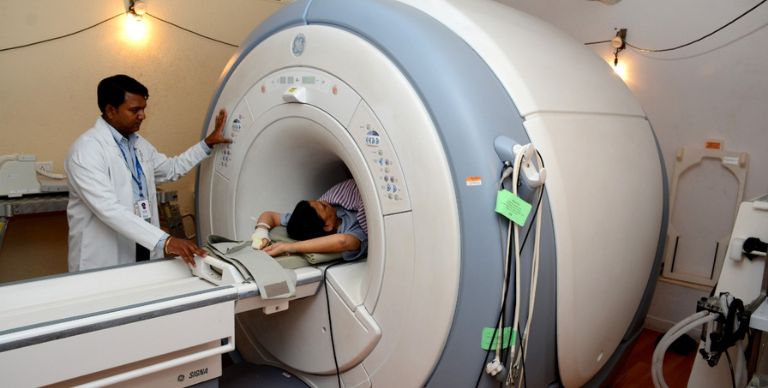
Here's a comprehensive overview of the B.Sc in Imaging Technology course:
1. Program Name:
Bachelor of Science (B.Sc) in Imaging Technology
2. Program Overview:
B.Sc in Imaging Technology is an undergraduate degree program designed to provide students with a deep understanding of various imaging modalities used in the medical field for diagnostic purposes. The program focuses on theoretical knowledge, practical skills, and clinical training necessary for operating imaging equipment, ensuring image quality, and providing patient care in medical imaging departments.
3. Duration:
The duration of the B.Sc in Imaging Technology course is typically three years, divided into six semesters. However, the duration may vary depending on the institution and country.
4. Curriculum:
The curriculum of B.Sc in Imaging Technology covers a wide range of subjects related to medical imaging, radiographic techniques, imaging modalities, anatomy, physiology, patient care, and radiation safety. The program includes both theoretical coursework and practical training to prepare students for careers as imaging technologists.
Core subjects may include:
- Anatomy and Physiology
- Radiographic Techniques and Positioning
- Principles of Imaging Technology
- Radiographic Physics and Radiation Protection
- Imaging Modalities (X-ray, CT scan, MRI, Ultrasound, Nuclear Medicine)
- Image Processing and Interpretation
- Patient Care and Management in Radiography
- Quality Assurance and Image Evaluation
- Ethical and Legal Issues in Medical Imaging
- Research Methodology and Biostatistics
5. Practical Training:
Practical training is an integral component of the B.Sc in Imaging Technology course. Students undergo hands-on training in imaging departments of hospitals, clinics, and diagnostic centers under the supervision of experienced technologists and radiologists. They learn how to operate imaging equipment, position patients correctly for imaging procedures, ensure radiation safety, and maintain image quality.
6. Career Opportunities:
Graduates of B.Sc in Imaging Technology have diverse career opportunities in the field of medical imaging. They can work as:
- Radiologic Technologists
- MRI Technologists
- CT Technologists
- Ultrasound Technologists
- Nuclear Medicine Technologists
- Interventional Radiology Technologists
- PACS Administrators
- Imaging Department Managers
- Research Assistants in Imaging-related fields
7. Further Studies:
After completing B.Sc in Imaging Technology, students can pursue higher education and specialization through postgraduate programs such as M.Sc in Medical Imaging Technology, M.Sc in Radiography, or Diploma courses in specialized imaging modalities.
8. Institutions Offering B.Sc Imaging Technology:
Several institutions across India offer B.Sc in Imaging Technology with comprehensive curricula, practical training, and state-of-the-art facilities. Some of the prominent institutions include:
- Manipal Academy of Higher Education (MAHE), Manipal
- Sri Ramachandra Institute of Higher Education and Research, Chennai
- Christian Medical College (CMC), Vellore
- Amrita Institute of Medical Sciences (AIMS), Kochi
- SRM Institute of Science and Technology, Chennai
- Jawaharlal Institute of Postgraduate Medical Education and Research (JIPMER), Puducherry
These institutions provide students with the necessary knowledge and skills to excel in the field of medical imaging and contribute effectively to healthcare delivery.
